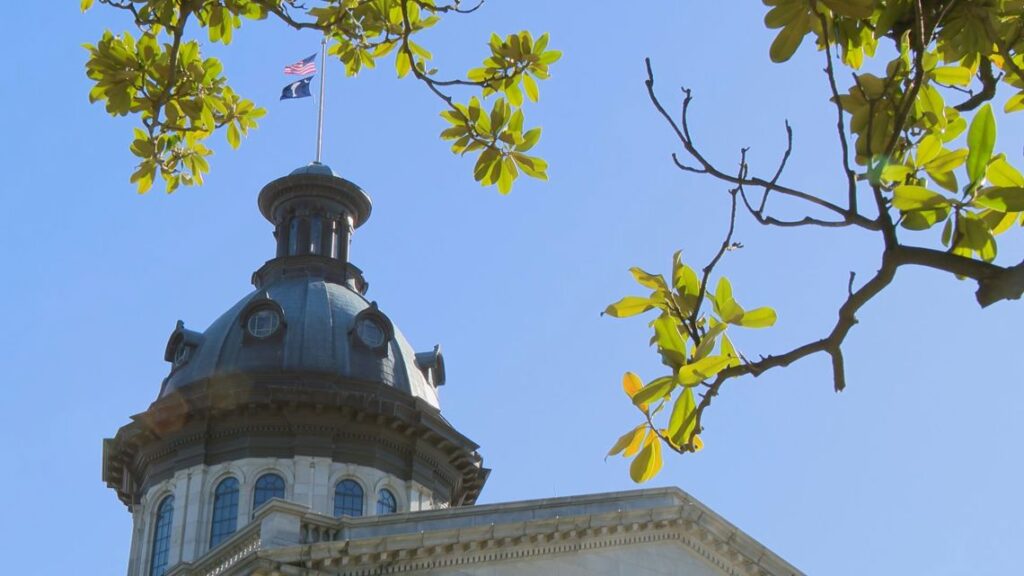South Carolina lawmakers passed major bills, including increased penalties for police chases and a bill outlawing ‘revenge porn’.
COLUMBIA, S.C. — South Carolina lawmakers wrapped up their 2025 legislative session Friday afternoon, pushing several major bills across the finish line just before a 5 p.m. deadline.
One closely watched measure would increase penalties for police chases. If a driver refuses to stop for law enforcement and initiates a pursuit, they could face a felony charge. If the chase results in someone’s injury, it could put them in jail for up to 15 years. If it results in death, the driver could face up to 30 years in prison.
“If we don’t get stiffer on a penalty for these folks that are running, then we’re not going to stop it,” said Rep. Chris Wooten, R-Lexington. “Because we can’t not chase, but we can’t chase irresponsibly.”
Rep. Todd Rutherford pushed for stricter limits on when officers can pursue, including a failed amendment restricting chases to felony cases only.
“Innocent people cannot continue to die and be injured because we have given that decision to chase or not to chase to an officer because someone violates a city code,” said Rep. Todd Rutherford, D-Richland.
Another major bill passed this week would criminalize revenge porn—sharing explicit images of someone without their consent. Penalties would vary based on the offender’s intent, with harsher punishment for those who deliberately share images to cause harm.
“If it’s a mistake, if it’s a mistake or just an innocent 18-year-old kid in the locker room showing his buddies pictures, he really probably didn’t mean to harm someone. So that’s not a felony,” said Wooten, who sponsored the bill. “But when you start sending it out and showing other people, then that becomes a felony.”
Once signed by Gov. Henry McMaster, South Carolina will become the last state in the country to outlaw revenge porn.
“The women and children and even sons across the state of South Carolina are going to be more protected because of this,” Wooten added.
All bills passed during the final week still need the Governor’s signature before they go into effect.


